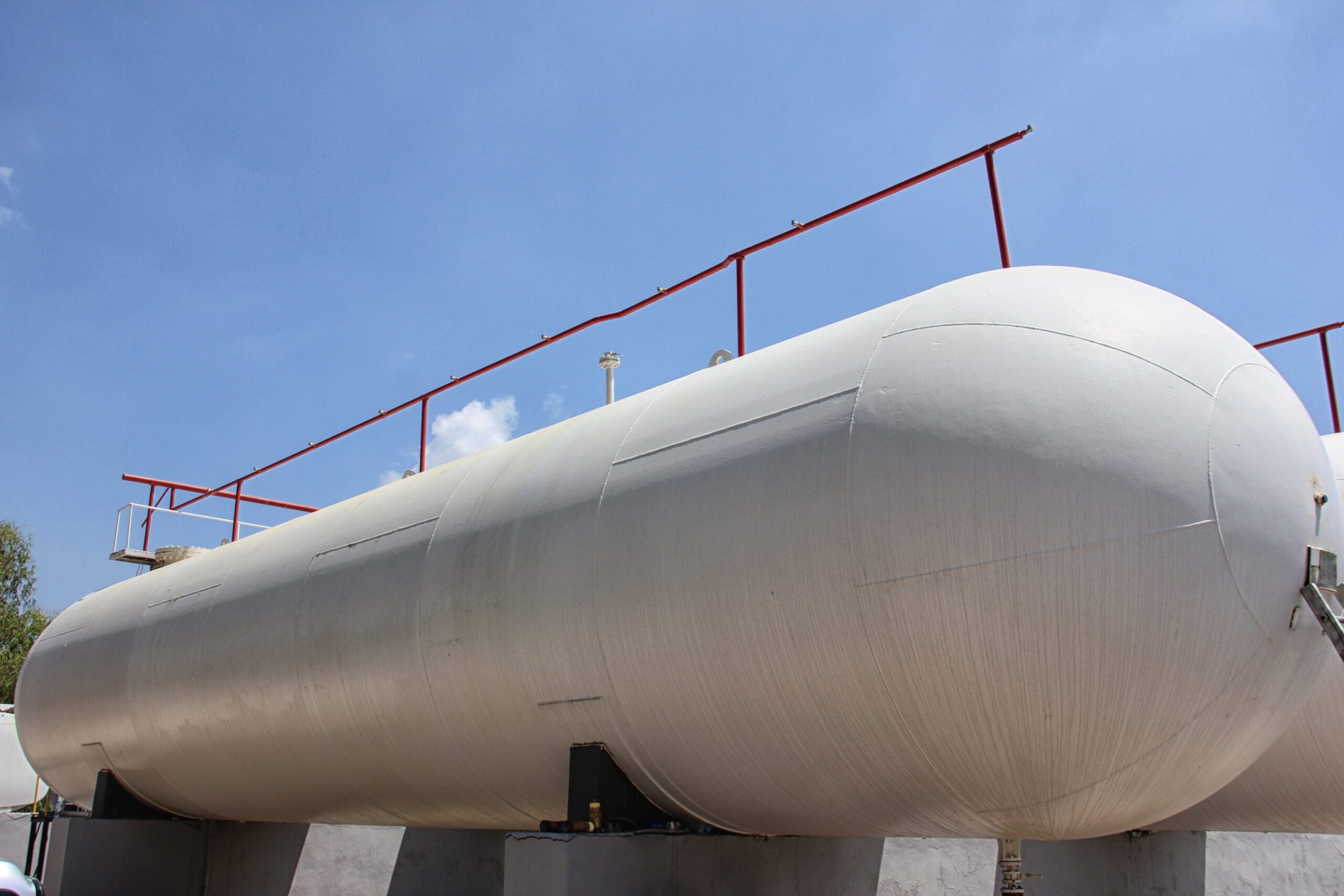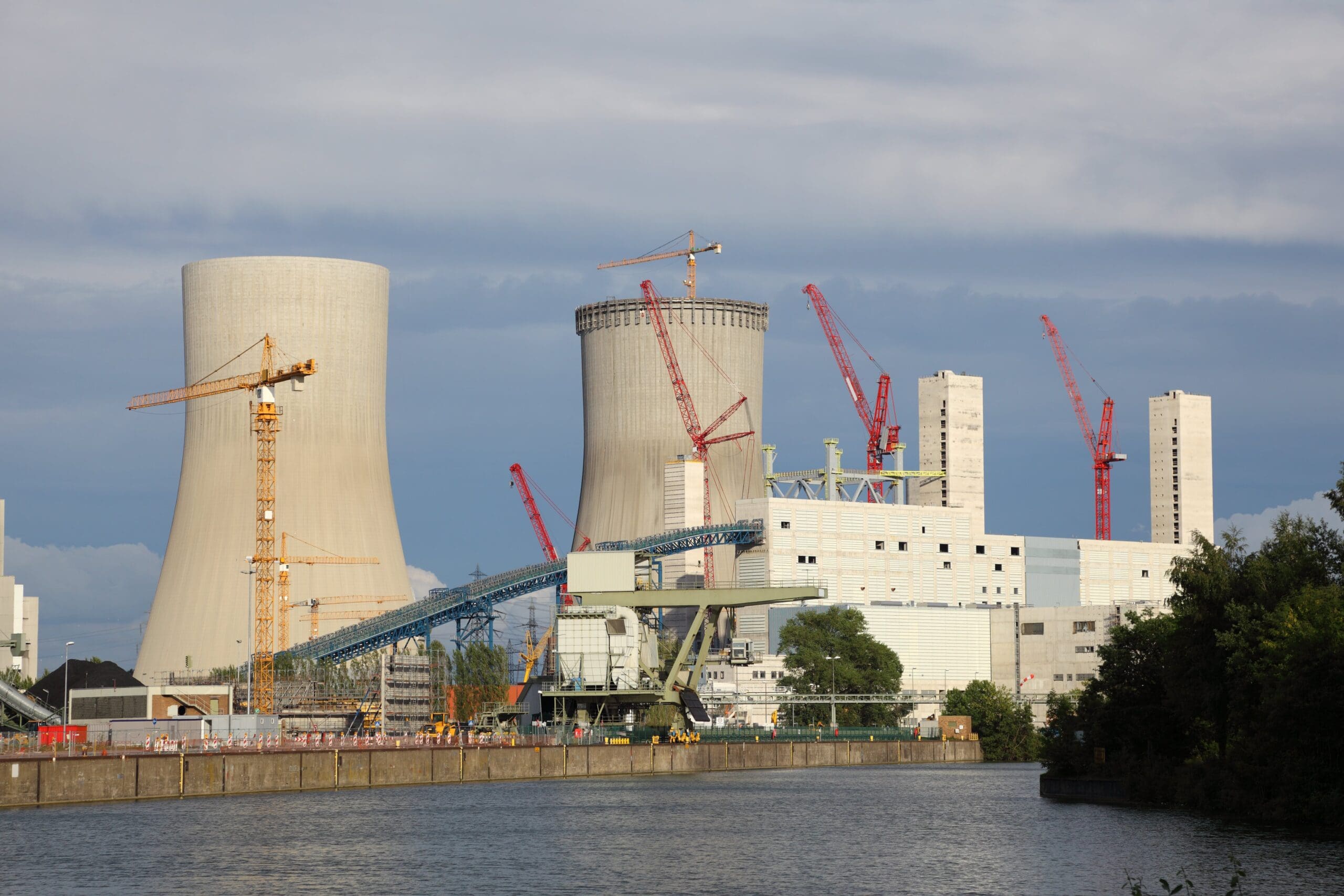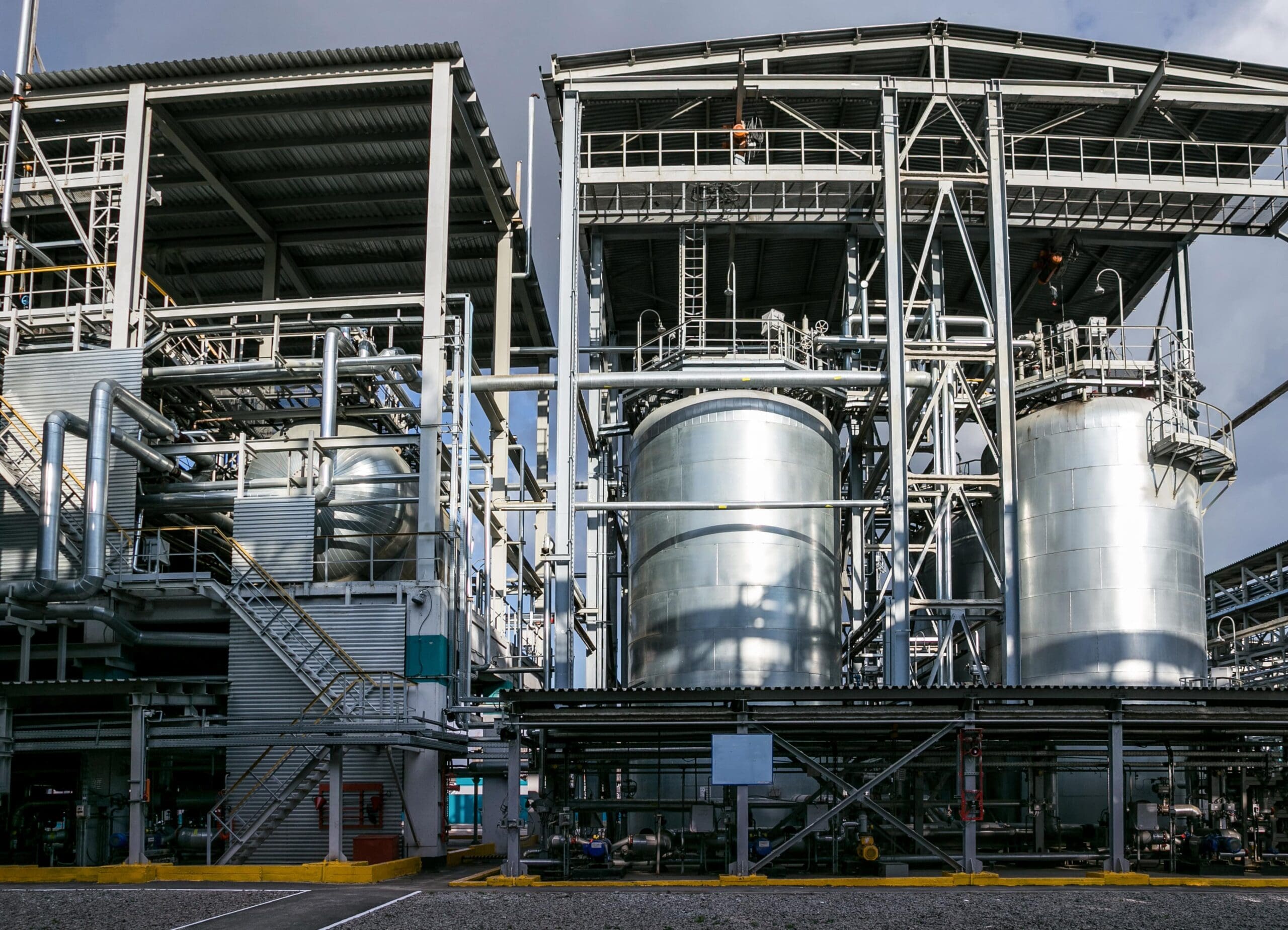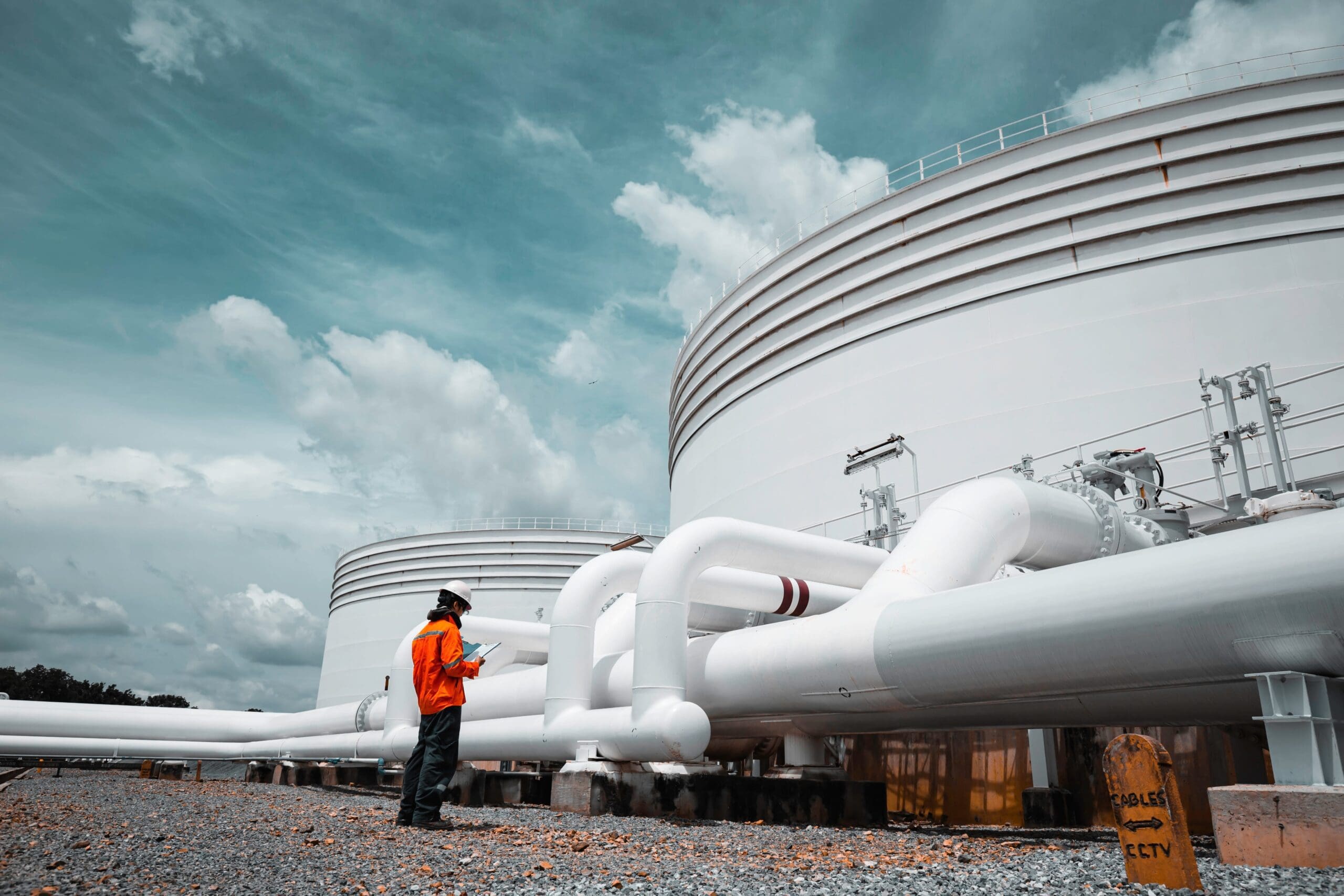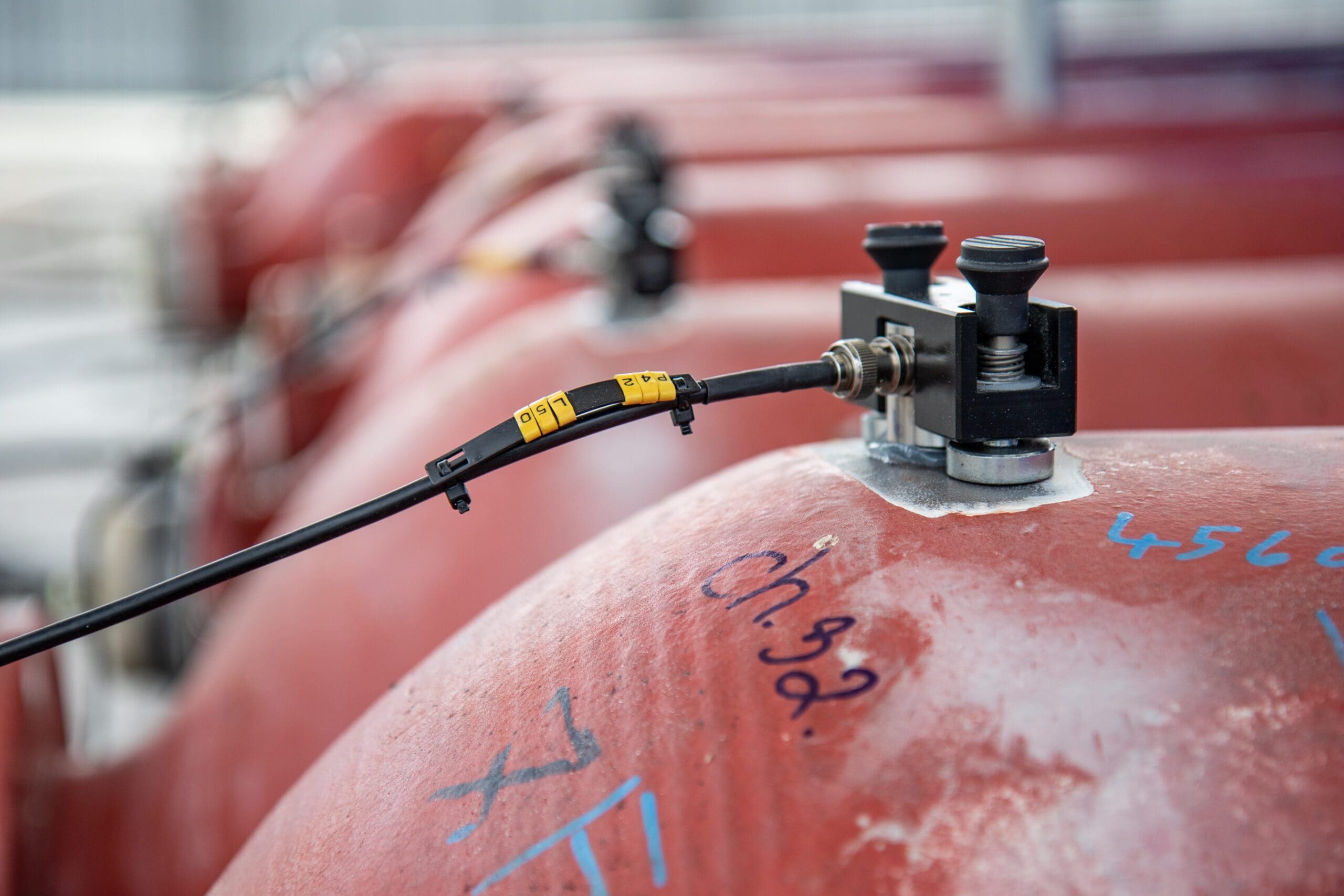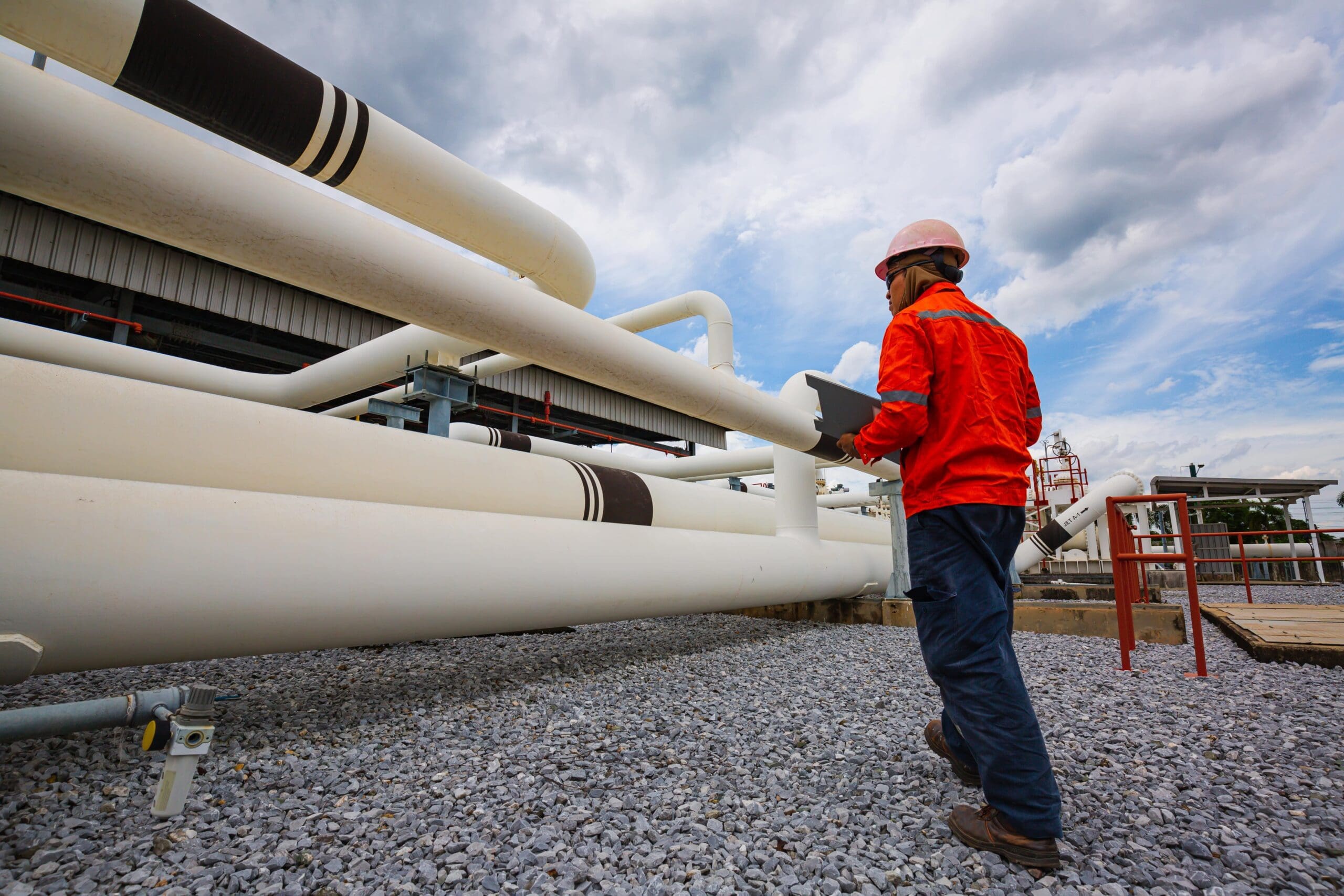Piping
Lower Hazard API 570 Inspection Services
We are committed to safeguarding your ‘lower hazard’ service piping systems through comprehensive API 570 Inspection services.
Explore how we work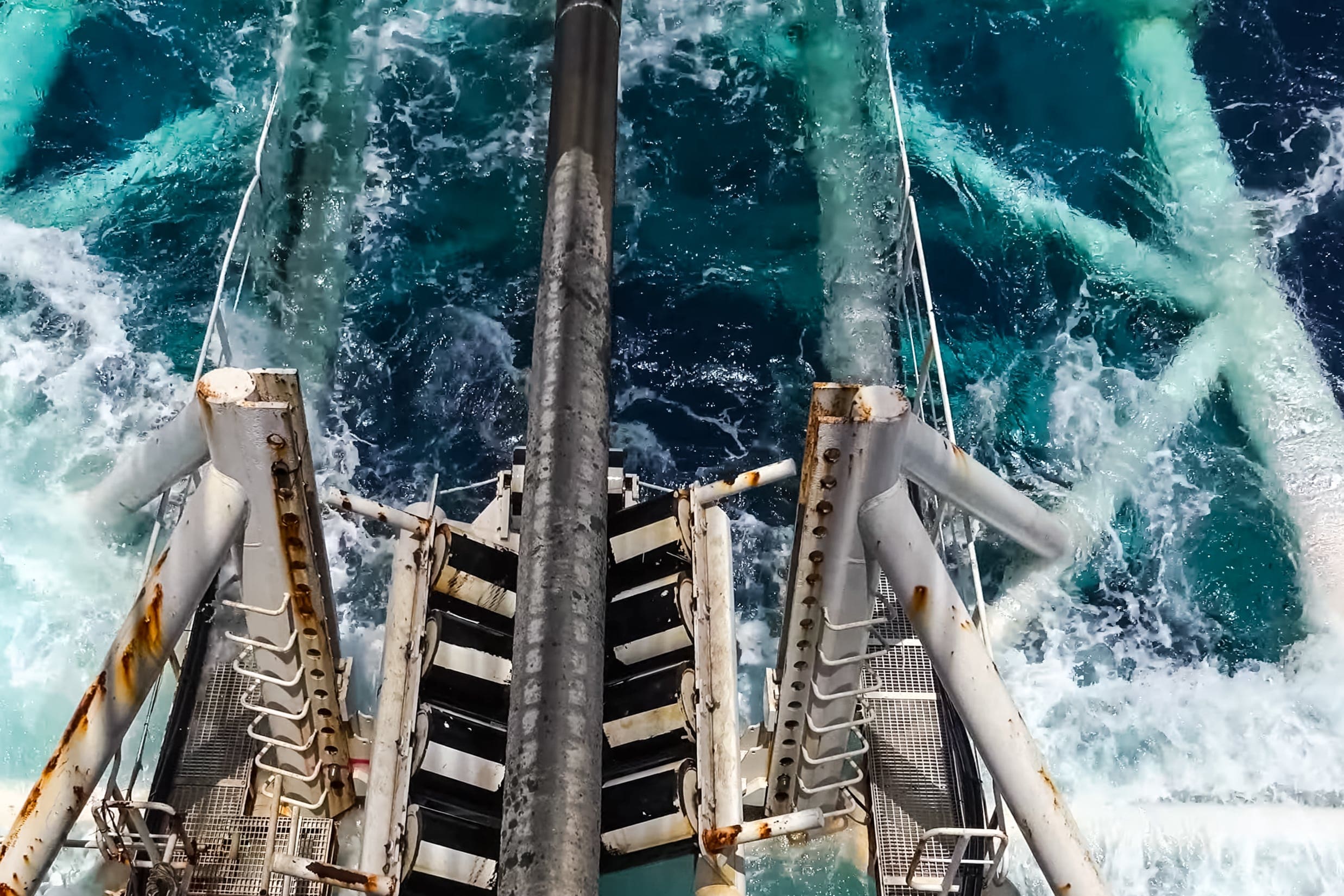
Interested? Let’s talk.
Send us an enquiry
What is an API 570 Inspection Service?
API 570 is a robust framework for Piping Inspections. Our specialised inspections ensure the continued integrity, reliability, and compliance of your critical piping assets, minimising the risk of downtime, operational disruptions, and potential hazards.
Lower-hazard service piping systems are those that do not carry fluids or gases that are flammable, toxic, or corrosive. Examples include water, steam, condensate, and compressed air piping systems. Even though lower-hazard service piping systems do not carry fluids or gases that are flammable, toxic, or corrosive, they can still fail if they are not properly inspected and maintained.
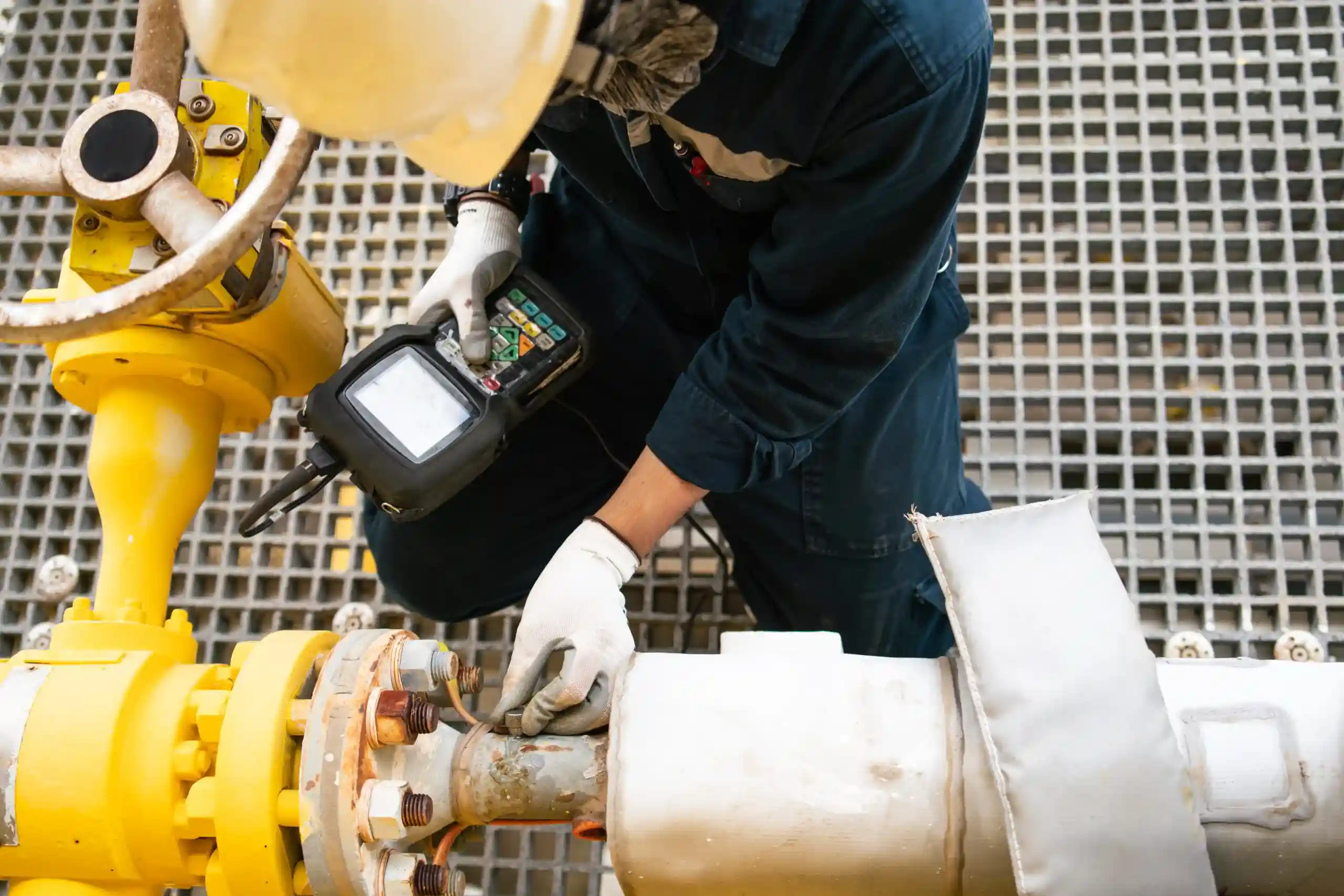
Who we’ve partnered with...

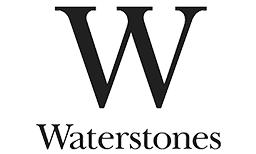



Key benefits of our Lower Hazard API 570 Inspection Services
Extend service life
This service can help extend the service life of your ageing plant piping systems.
Reduced risk of leaks and failures
API 570 Inspections can identify potential problems with piping systems before they cause leaks, failures, or other costly incidents. This can help to prevent downtime, environmental damage, and potential safety hazards.
Improved safety
API 570 Inspections can help to identify and address potential safety hazards associated with piping systems. This can help to prevent accidents and injuries.
Let's talk about API 570 Inspection Services
Send one of the team a message
Not seeing what you expected?
Try using our search
Explore what our clients say


API 570 Inspection Services from BES Group
BES Group is a leading provider of API 570 Inspection Services.We have a team of experienced and qualified inspectors who use the latest technology and methods to ensure the accuracy of our inspections. We also offer a variety of other piping services, such as NDT testing, repair, and alteration. Following our thorough inspections, we conduct a detailed assessment of the piping system’s integrity in accordance with API 570. This assessment includes:
Remaining life calculations
Determining the remaining service life of the piping system based on corrosion rates, wall thickness measurements, and industry standards.
Maximum allowable working pressure (MAWP) calculations
Assessing the maximum operating pressure that the piping system can withstand without compromising its integrity.
Recommendations from qualified API 570 assessors
Our qualified API 570 assessors will provide expert recommendations regarding repair, replacement, or continued operation of the piping system, ensuring adherence to safety and compliance requirements.



Sprinkler system pipework inspections
BES Group ensure the longevity and efficiency of your sprinkler system with our comprehensive pipework inspections, conducted in accordance with API 570. Well-maintained sprinkler systems play a crucial role in protecting your property and ensuring safety. Our technicians examine every aspect of your pipework, identifying any signs of wear, corrosion, or potential leaks. Our scope of API 570 Inspection comprises of:
Inspection and Reporting
All inspections are performed by an API 570 certified inspector and NDT specialists using the most appropriate inspection methods
Documentation and Analysis
Our Documentation and Analysis includes isometric/CAD drawings, indication of remaining asset life and a complete overview of the condition of the piping system.
Compliance and Recommendations
Recommended actions to bring the piping system into compliance with inspection/assessment codes, such as repairs, re-rating, and maintenance.
Reliability Assurance
By choosing our inspection services, you can ensure the reliability of the piping systems.
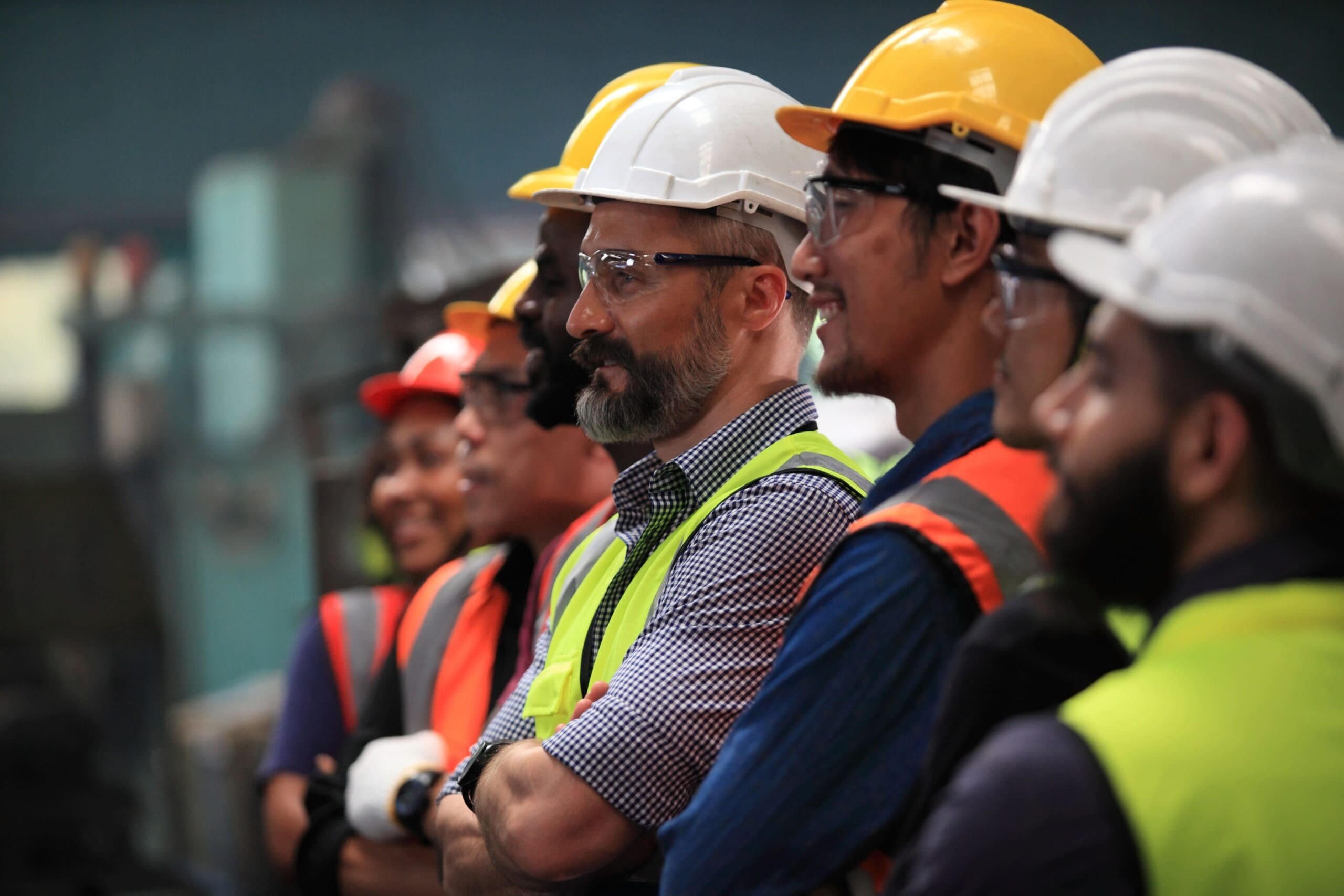
Our API 570 Inspection process
Speak to us about the processOur API 570 Inspections encompass a comprehensive range of inspection techniques, including:


Let’s talk. Ask us anything.
Send one of the team a message
Why choose BES Group?
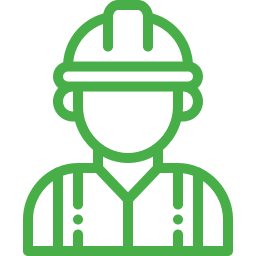
800+ expert engineers
Our team of skilled engineers possesses a wealth of expertise.
A legacy of 160+ years of experience
We’re always evolving our approach to future proof our services.

35,000 satisfied customers
A strong reputation for providing exceptional service.

An end-to-end solution
Servicing the full life cycle, from concept through to decommission.
Accredited assurance
Confidence assured with all relevant certifications and accreditations.
Frequently asked questions
What are lower-hazard service piping systems?
Lower-hazard service piping systems are those that do not carry fluids or gases that are flammable, toxic, or corrosive. Examples include water, steam, condensate, and compressed air piping systems.
Why is API 570 Inspection important for lower-hazard service piping systems?
Even though lower-hazard service piping systems do not carry fluids or gases that are flammable, toxic, or corrosive, they can still fail if they are not properly inspected and maintained. Failure of a lower-hazard service piping system can result in water damage, loss of production, and even injury or death.
How often should I have my lower-hazard service piping systems inspected?
The frequency of API 570 Inspection for lower-hazard service piping systems will vary depending on the type of piping system, the materials used, and the operating environment. However, it is generally recommended that lower-hazard service piping systems be inspected at least every five years.
Can piping inspection be tailored to client requirements?
Recognising that every piping system is unique, we tailor our API 570 Inspections to meet your specific needs and operational requirements. This includes:
- Reduced-scope inspections
When appropriate, we can conduct reduced-scope inspections to ensure the integrity of critical piping sections while minimising downtime and disruption. - Flexible inspection schedules:
We work closely with you to establish flexible inspection schedules that align with your operational demands and ensure the integrity of your piping systems throughout their lifecycle.
What is an API 570 Inspection Scope:
API 570 provides comprehensive guidelines for the inspection, rating, repair, and alteration of metallic and FRP piping systems, as well as their associated pressure-relieving devices that have been in service.
What further Documentation & Analysis is provided?
- An isometric/CAD drawing of the pipeline is generated, detailing all inspection findings and piping references such as supports, valves, and reducers.
- An indication of the remaining asset life based on pipe design and inspection codes.
- A complete overview of the condition of the piping systems, including the recommended inspection interval and next inspection dates.
Sectors we service
Dive into the diverse landscapes where BES Group sparks innovation and drives impact.


Let’s talk. Ask us anything.
Send one of the team a message
Insights & news
Browse our latest articles
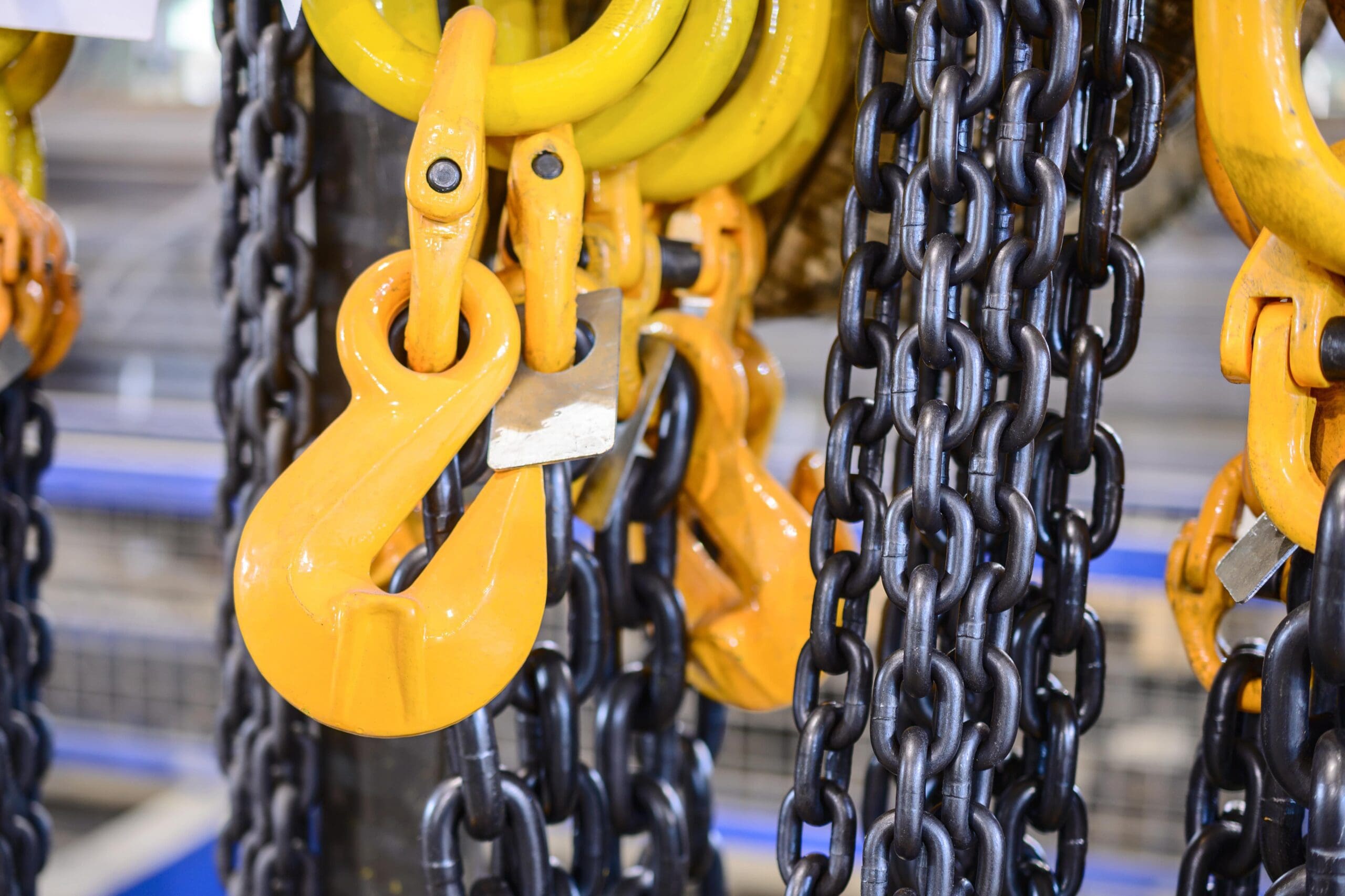
BES Group expands into Europe with ECH Groep acquisition
Acquisitions BES Group News Inspection
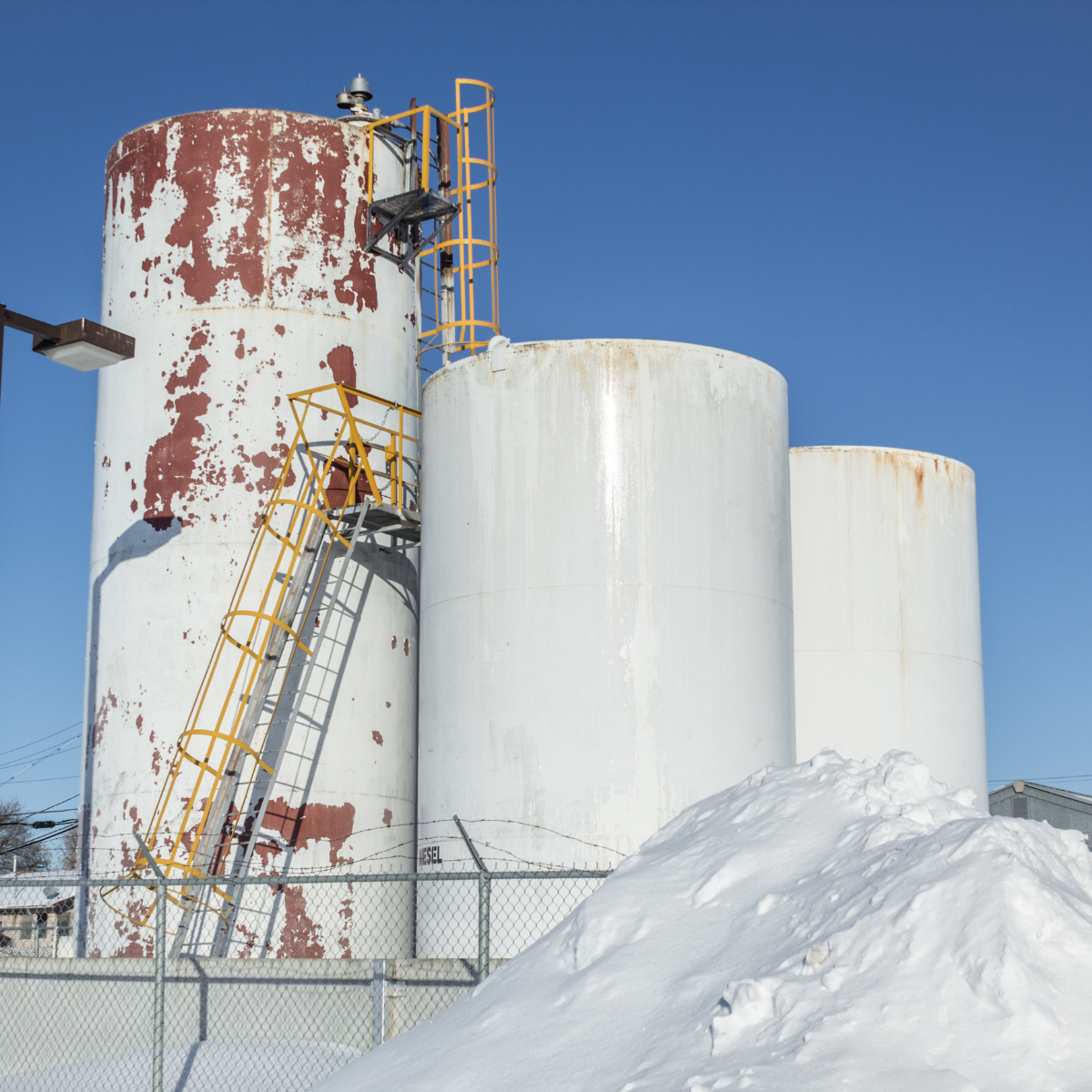
Ensure Your Assets Are Winter-Ready with Pre-Winter and Post-Winter Storage Tank Inspections
Inspection
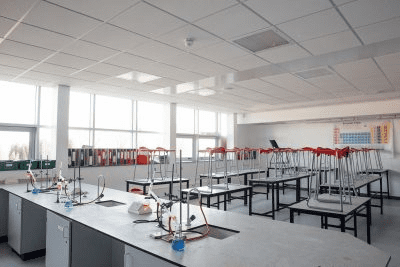
School Shutdowns: A Comprehensive Guide on Electrical Equipment Maintenance
Electrical Inspection
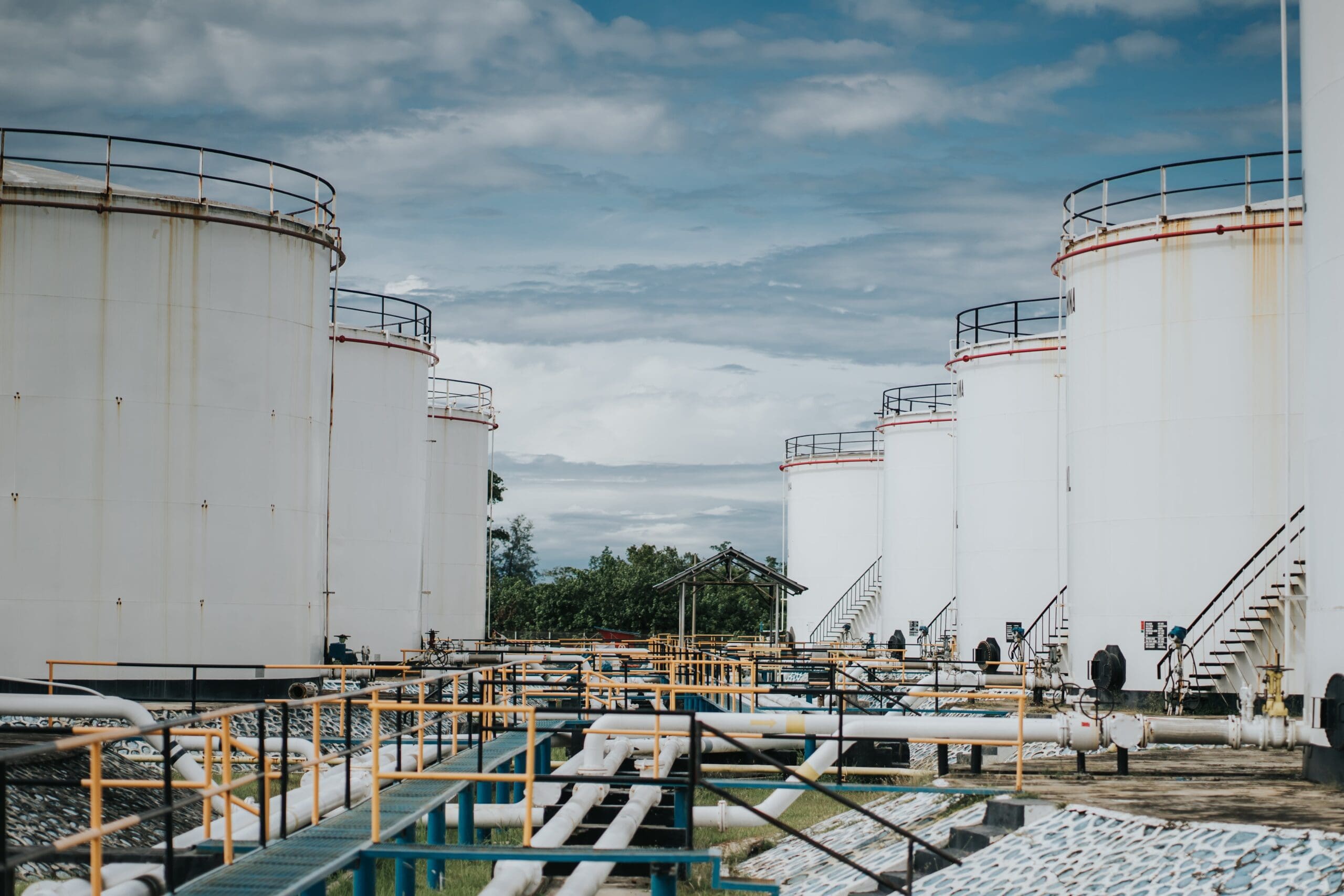
Storage Tank Inspections: Your Commonly Asked Questions
Inspection

Factory Shutdowns: How to Manage Your Maintenance Operations Efficiently
Asset Reliability Electrical Inspection Testing
Other similar services...
Looking for something else? Explore similar services...
Let’s get you to the right person, fast.
Thank you, enquiry submitted!
Please check your inbox. We have sent you an email receipt of your enquiry.
We treat every enquiry with the upmost urgency. We’ll aim to get in touch with the relevant BES Group specialist and get back to you as soon as possible*.
Thank you again and have a great day.
 About BES Group
About BES Group Accreditations & Credentials
Accreditations & Credentials Our Environmental, Social & Governance
Our Environmental, Social & Governance Careers at BES Group
Careers at BES Group Our Senior Leadership Team
Our Senior Leadership Team
